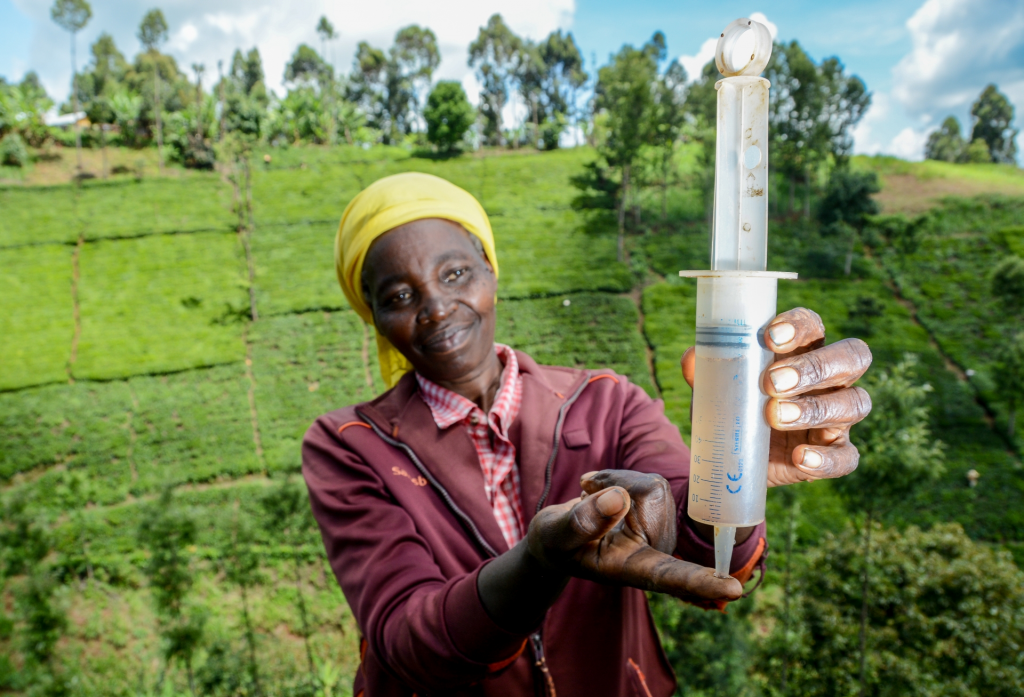
In an effort to address the unsustainable nature of rain-fed agriculture, the International Water Management Institute (IWMI) has launched a farmer-led irrigation development (FLID) scheme.
The FLID program was introduced to encourage year-round production and food security because it has been determined that the country’s long-standing reliance on nature and subsistence farming is one of the main causes of the country’s seasonal food crop system and food insecurity condition.
The FLID initiative, a small-scale level irrigation scheme, entails improving water management system effectiveness, expanding and increasing irrigation reach, and introducing cutting-edge technologies to enable a transition from rain-fed to commercial irrigation to increase food production, sustainability, and security.
The institute claims that because farmers and businesspeople in Ghana and the sub-region already use groundwater, river or stream pumping, lowland/inland valley capture systems, and private small reservoirs, this feat can be accomplished if governments and development partners step up their support for new irrigation systems like the FLID scheme.
Dr Olufunke Cofie, the IWMI Representative for Ghana and West Africa, mentioned that the FLID innovation, which enables farmers to direct their own irrigation investments, is a potential remedy to increase climate resilience for smallholder farmers and transform food systems to support healthy diets for all people.





